2024 in Review
The first Hack for Social Impact brought together 150+ engineers, data scientists, and technologists to tackle real-world challenges presented by mission-driven organizations.
150+
Participants
$45K+
In Prizes & Credits
4
Problem Statements
30
Hours of Hacking
Winning Projects
Green Policy Agent
AI-powered tool for UN policy analysts to process geospatial and socioeconomic data
Problem: UNCCD Land Degradation Analysis
Team: Clovis Vinant-Tang, Jen Kim, Saahas Yechuri, Hamsavardhini Thirunarayanan, Yihan Wu, Jeremy Bunch Cajas
Prize: $3,000 Project Grant or $2,000 Cash + $25,000 Azure Credits
Compile.ai
Automated architectural plan review for building code compliance
Problem: Terner Center Building Code Analysis
Team: Roop Pal, Puneet Sukhija, Shivam Agrawal, Dorian Bachlaj, Nikita Damle
Impact: Reduces permit review from months to days
Prize: $1,500 Project Grant or $1,000 Cash + $5,000 Azure Credits
Tenant Case Navigator
Searchable database with AI-driven insights for tenant rights advocates
Problem: CLSEPA Tenant Rights Empowerment
Team: Akshit Dewan, Elizabeth Merrigan, Tommy Joseph
Prize: $500 Cash
Problem Statements
Empowering Tenants to Exercise Rights
Community Legal Services in East Palo Alto (CLSEPA)
Analyze historical public records to identify effective legal arguments and help tenants challenge landlords failing to maintain legal obligations.
Building Code Analysis
The Terner Center for Housing Innovation
Systematically analyze and compare building codes across 109 California jurisdictions to address complexity causing increased construction costs.
AI Translation for UN Documents
UN Convention to Combat Desertification (UNCCD)
Create intelligent translation system for technical UN documents, leveraging vast archive of professionally translated documents across all six UN languages.
Land Degradation Analysis
UN Convention to Combat Desertification (UNCCD)
Analyze relationships between land degradation, drought, and human populations using global geospatial datasets and Earth observation data.
2024 Sponsors & Partners
Major Sponsors
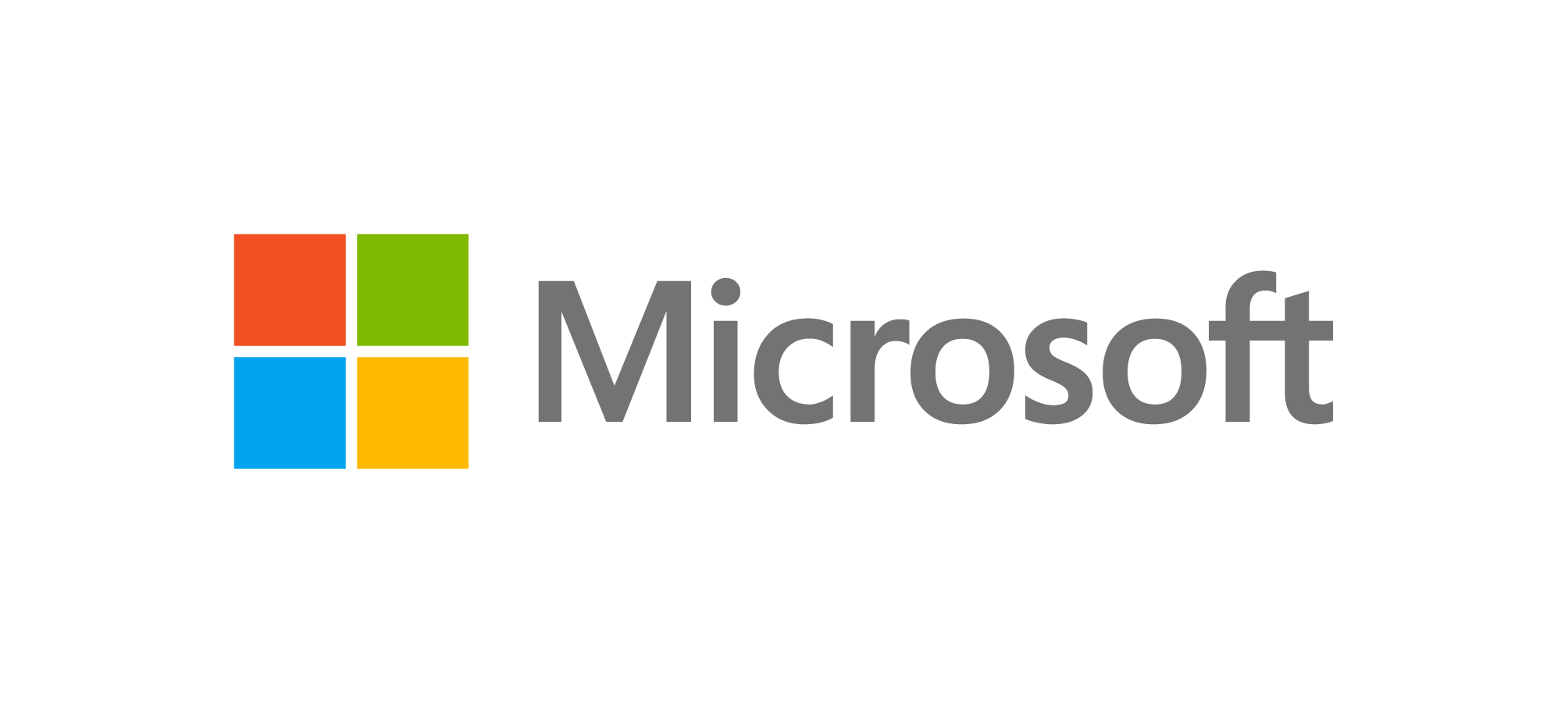
$30,000 in Azure Credits

$7,000 in Prizes
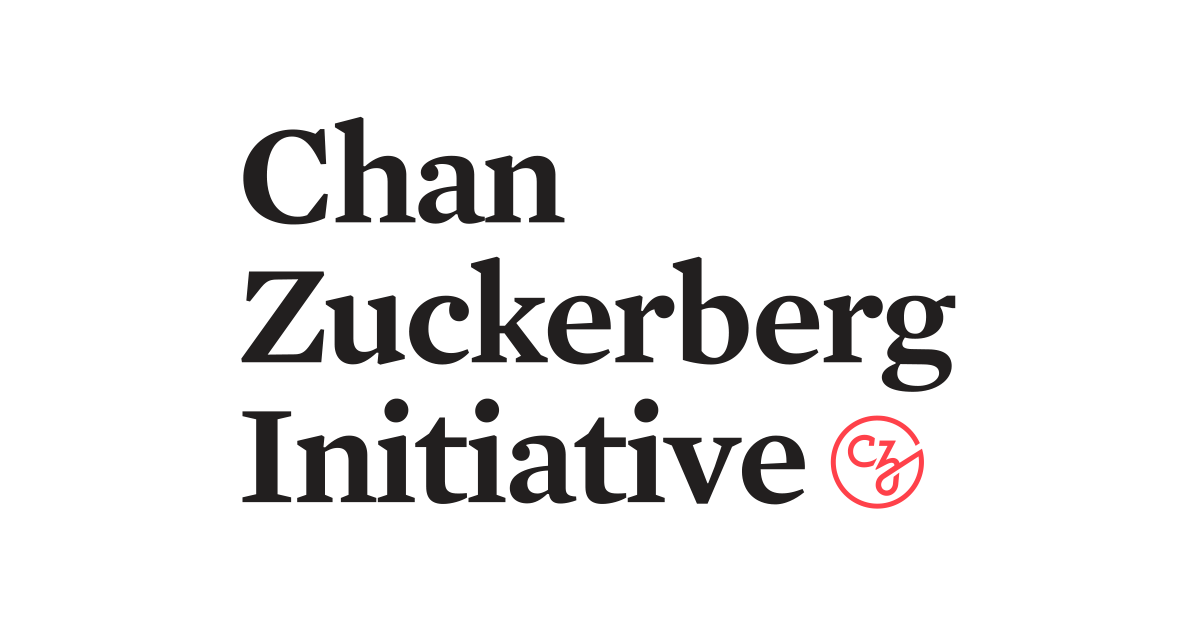
Founding Partner
Technology Partners
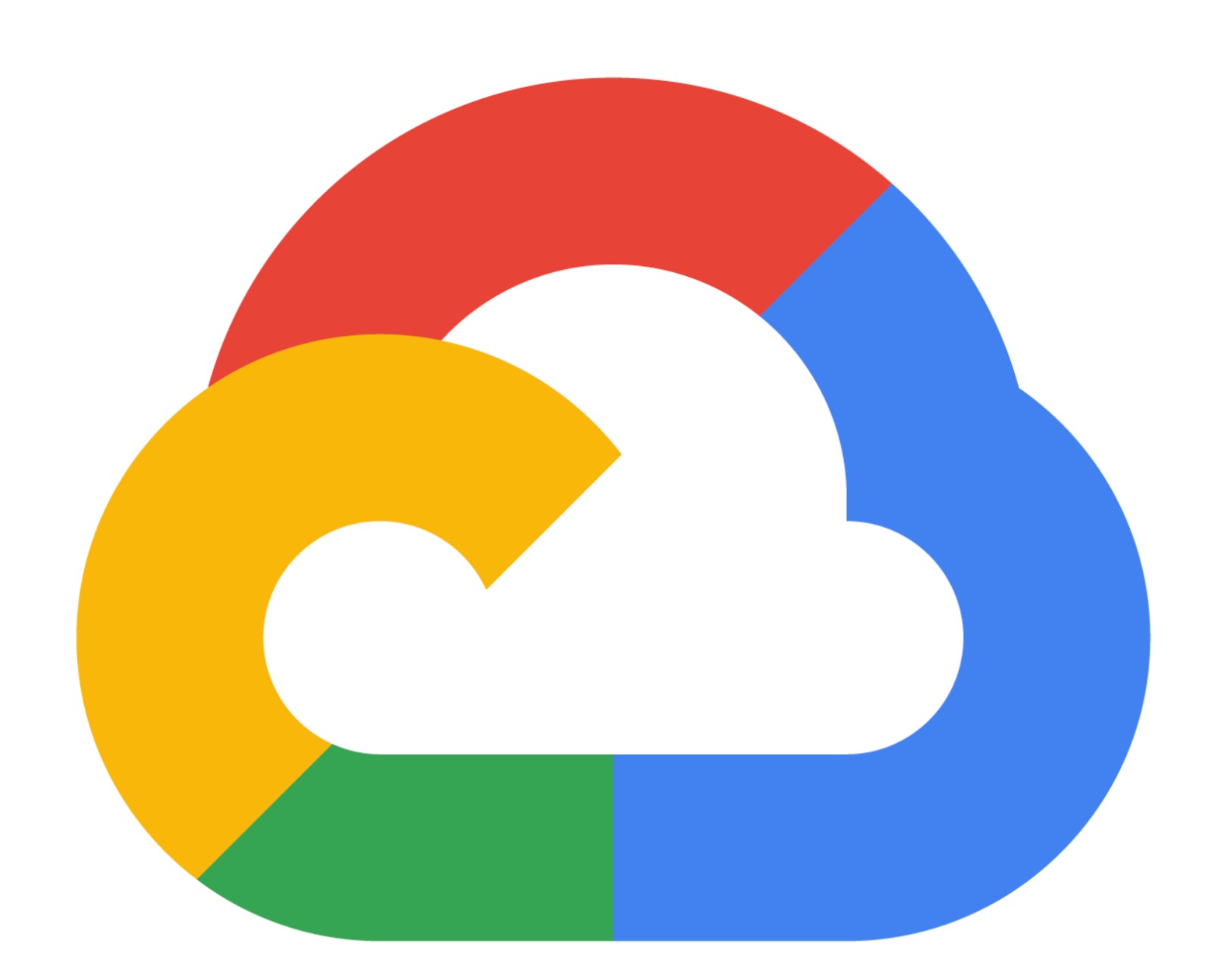
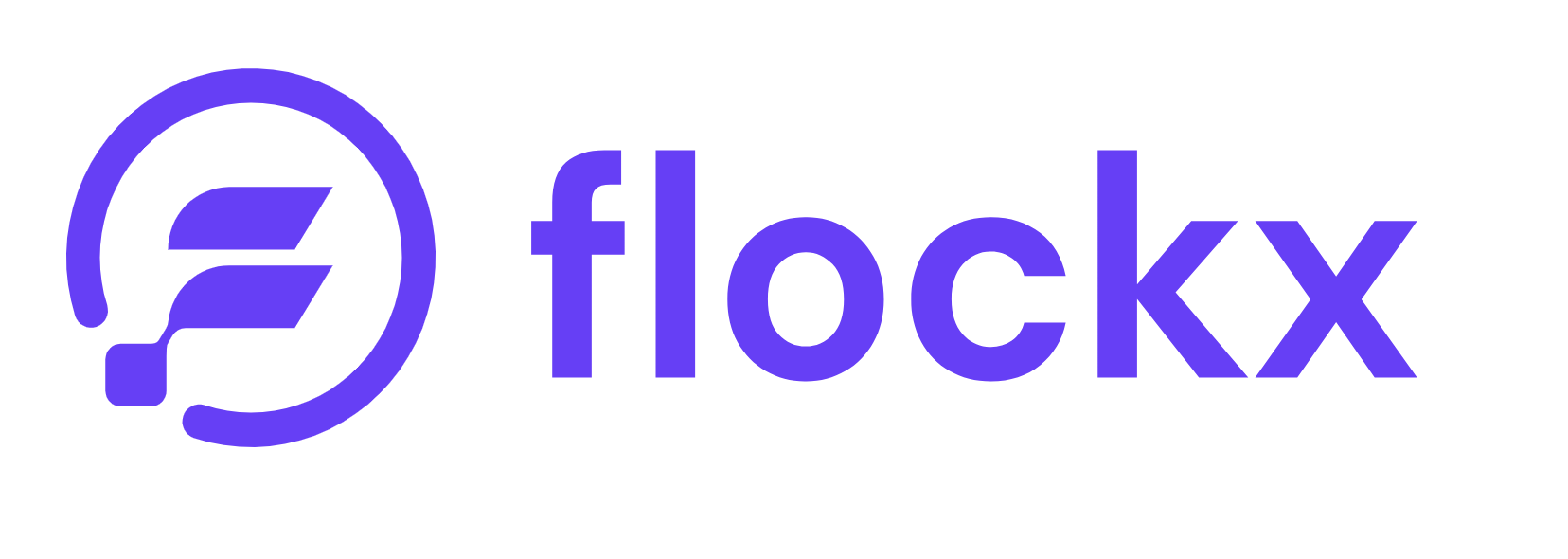

Community Partners
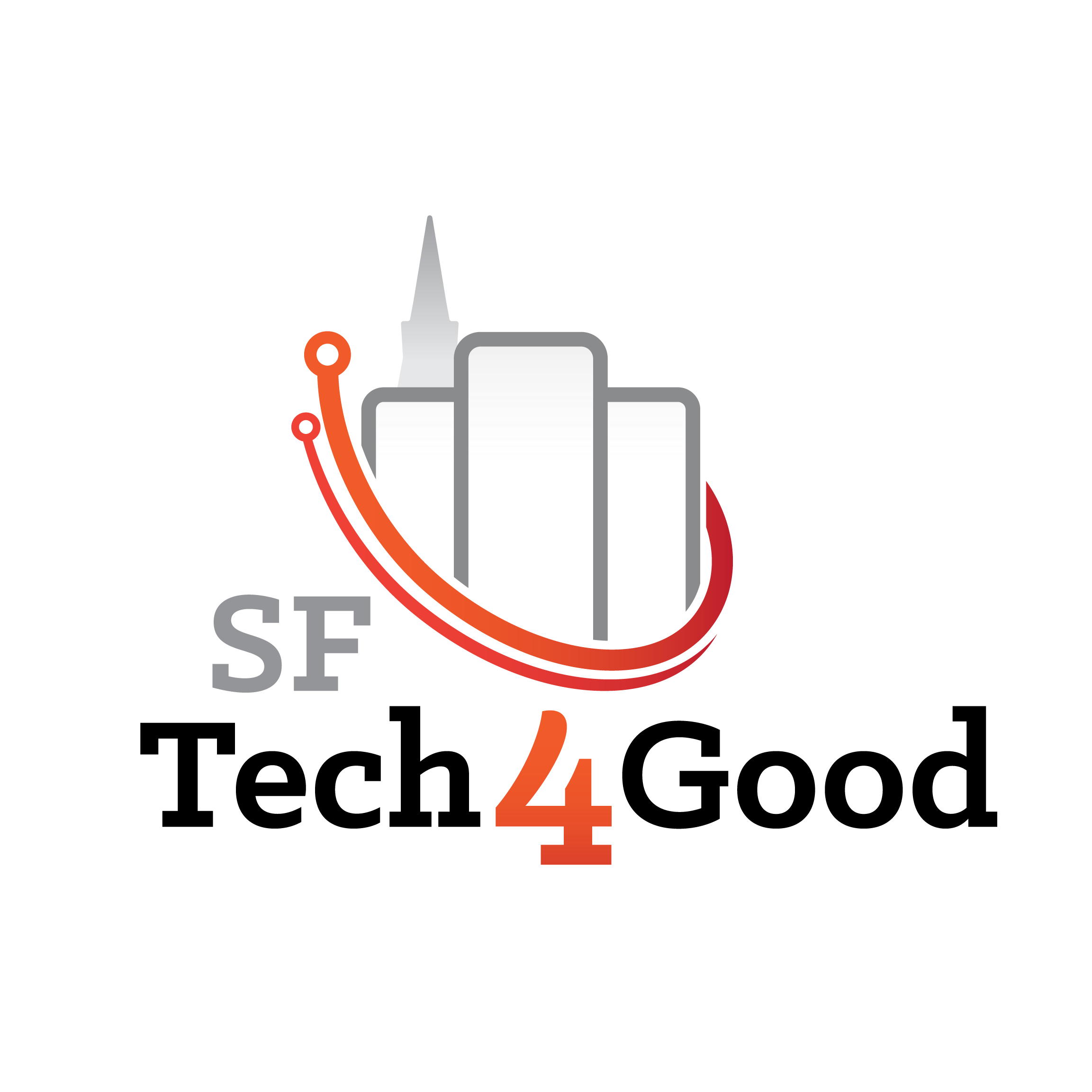

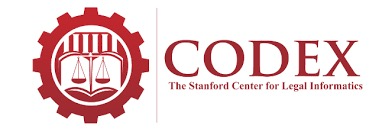

Nonprofit Partners

UNCCD
UN Convention to Combat Desertification
“It was really heartwarming seeing all the creative solutions participants came up with! I loved seeing the different ways people used tech and AI for social good, it reminds me why we do the work we do.”
— Aiden Low, OpenAI
“Green Policy Agent started as a quick prototype during the hackathon, but it's grown into something way bigger. Presenting our work as Arboren at the UN Convention to Combat Desertification's COP 16 gave us a huge boost. We got to share our approach to mapping environmental policies and making land data more accessible. Since then, we've kept working on it with nonprofits, researchers, and VCs who see the potential. Hack for Social Impact set the stage for ongoing, real-world change.”
— Anu Thirunarayanan
Looking Forward to 2025
Building on the success of our inaugural event, we're excited to expand our impact in 2025. Stay tuned for updates!
See What's Coming in 2025